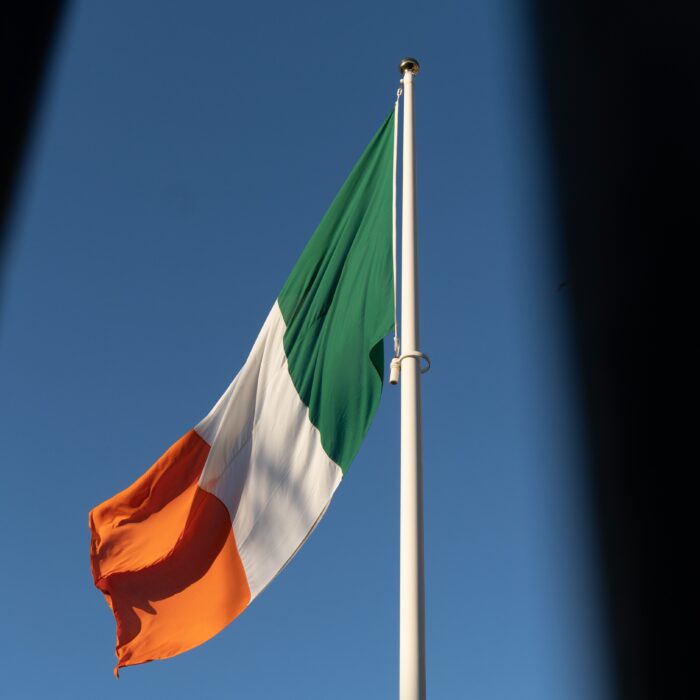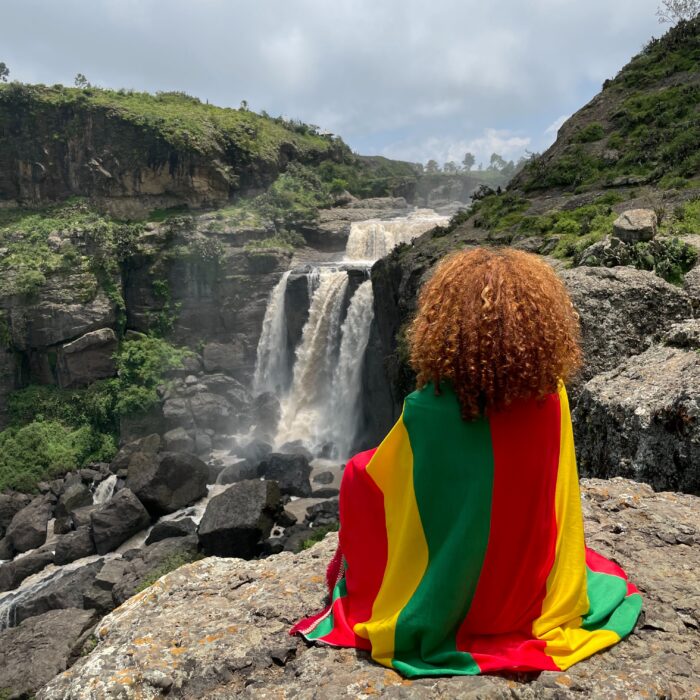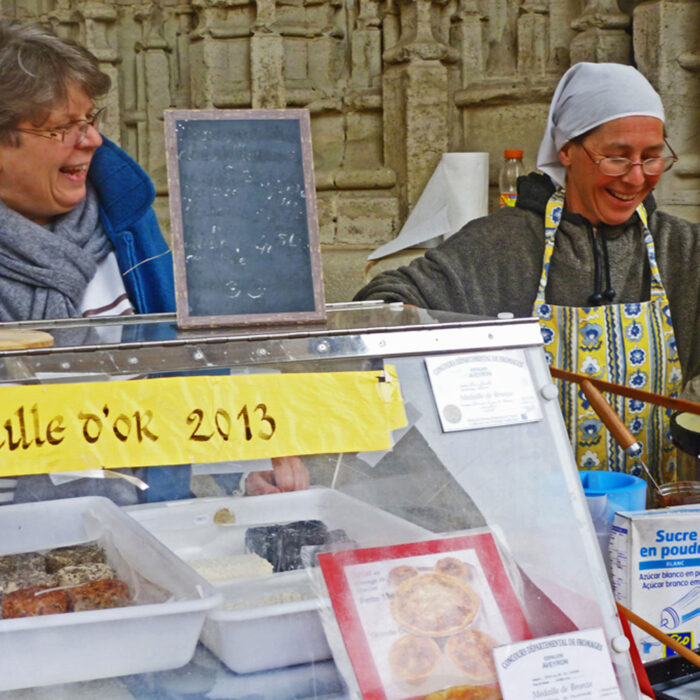You have no items in your cart. Want to get some nice things?
Go shopping
We are far from international peace and security. Russia has seemingly achieved the illegal annexation of Crimea without reprimanding, whilst Ukraine suffers a civil war. Violence swells and creates intolerable situations for Syrians as response to the conflict in Syria has fallen stationary to differing international and regional positions. If after four years of war and 200,000 dead with no sign of resolution, and Kiev preparing for yet another attack, can we really afford to uphold these powers of veto?
Amnesty International has called on the five permanent members of the UN Security Council to renounce their veto power in cases of mass atrocities. Amnesty’s Annual Report states that governments must “stop pretending the protection of civilians is beyond their power” and call for global action. Salil Shetty, Secretary General of Amnesty International commented, “This could be a game changer for the international community and the tools it has at its disposal to help protect civilian lives. By renouncing their veto rights the five permanent members of the Security Council would give the UN more scope to take action to protect civilians when lives are at grave risk and send a powerful signal to perpetrators that the world will not sit idly by while mass atrocities take place,” questioning the suitability of vetoes in our supposedly democratic society.
Established in 1945 to stop the UN from taking any action against its principle founding members (Russia, China, United Kingdom, France, United States), the UNSC’s “P5” are granted the ability to avert the implementation of any “substantive”, but not “procedural” draft Council resolution. The use of veto by a member does not however stop the draft resolution from being adopted. The most recent use of the veto was by China and Russia who used their veto power against a resolution calling for the crisis in Syria to be referred to the international criminal court on May 22 2014. Thirteen of the fifteen Security Council members voted in favour of the resolution, backed by sixty-five countries that appealed to the UNSC to support it, condemning crimes against humanity and urging for action. The veto power blocked this resolution from being passed, effectively slowing down peace processes and leaving us wondering whether the use of vetoes is justified when they can contribute to civilian deaths.
The UN Charter determined the purpose of the council, to “investigate any dispute, or any situation which might lead to international friction or give rise to a dispute, in order to determine whether the continuance of the dispute or situation is likely to endanger the maintenance of international peace and security.” Amnesty International’s call for the “P5” to waive their veto rights and instead take decisive and helpful action, rightly presses the West to provide more humanitarian aid where needed. By relinquishing vetoes, the “P5” would show a further desire for maintaining international peace and security. As of yet, there has been no reform regarding changes to vetoes in the UNSC. When previous suggestions to remove vetoes arose, they were resisted by the “P5.” It appears that over fifty years after forming a group purporting to promote peace and safety, we are still witnessing a dominating hierarchical regime.
This begs the question as to whether it suitable that only five countries hold the right to veto resolutions. If the veto is to remain in place, surely the privilege should be expanded to more countries to allow for a more international, fairer vote. There have been previous calls for reform, including membership expansion to Japan, India, Brazil and Germany, the “G4,” which have been supported by the United Kingdom, France and Russia. The United States supported only Japan’s inclusion, however there have as yet been no changes made. The exclusion of countries has led to the establishment of further organisations, such as the Non-Aligned Movement.
The Non-Aligned Movement (NAM), comprised of 120 countries, nearly two thirds of the UN’s members, was founded in 1961 in order to “create an independent path in world politics that would not result in member States becoming pawns in the struggles between the major powers,” NAM states. Its formation demonstrates a move away from neo-colonialism, imperialism, and towards a drive for equality and respect. The implementation of vetoes in the UNSC demonstrates an unfair, biased representation of international wants. NAM strives to restructure the international economic order, encouraging independent judgment and decisions. The term ‘non-alignment’ can first strike as a negative, however it endeavours for peace, equity, justice, and away from hegemony. Determined in 1961, the criteria for a country’s non-alignment states, “the country should have adopted an independent policy based on the coexistence of States with different political and social systems and on non-alignment or should be showing a trend in favour of such a policy…The country concerned should be consistently supporting the Movements for national independence…The country should not be a member of a multilateral military alliance concluded in the context of Great Power conflicts.” NAM have criticised the power dynamics within the UN, looking into the silence of the unaligned countries such as Brazil, India and Iran and questioning whether the UNSC is motivated by anti-West ideology and whether it almost instinctively does the opposite of what liberal democracies do.
The UNSC was set up to promote peace and support for the international community, however the veto system limits their capacity to act. The waiving of veto rights would leave no room for inaction in cases of genocide, war crimes and crimes against humanity. We currently find ourselves amidst violence on a scale that the UNSC was established to prevent and tackle. The international community is battling with one of the largest refugee crises, genocide, extreme violence, and yet the power of the veto hinders action. Of course, any reforms such as the relinquishing of vetoes must go through the Security Council, who can veto the resolution, so it is up to the “P5” to create a fairer system, to use their influence to reach a definitive end goal by making affirmative decisions. Although one can appreciate the delicacy of many resolutions, it is important that the UNSC should make decisions that reflect the voice of the international community, as we have seen abstinence at times where situations demanded action. In a time of mass atrocities, there is no room for undemocratic dominance.

About Isabel Gonzalez-Prendergast
Isabel is particularly interested in international literature, learning about different cultures and philosophies.






very informative article. yes we are disillusioned with the ineffectivemess of the UN which is basically because of the veto. it needs radical reform before it becomes totally defunct. Perhaps a lobby group could be set up to try and pressurise the UK into stating that unless the veto rule is removed or changed that it will leave the UN. In the unlikely event of the UK leaving it could form the “NAMUN”